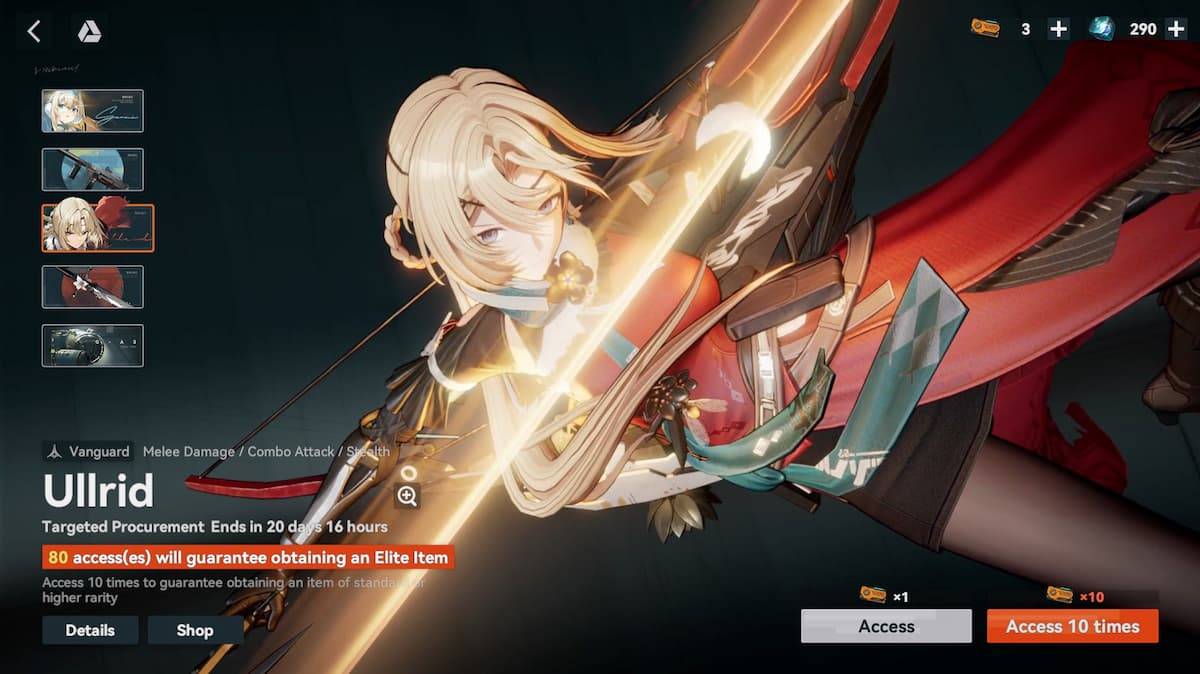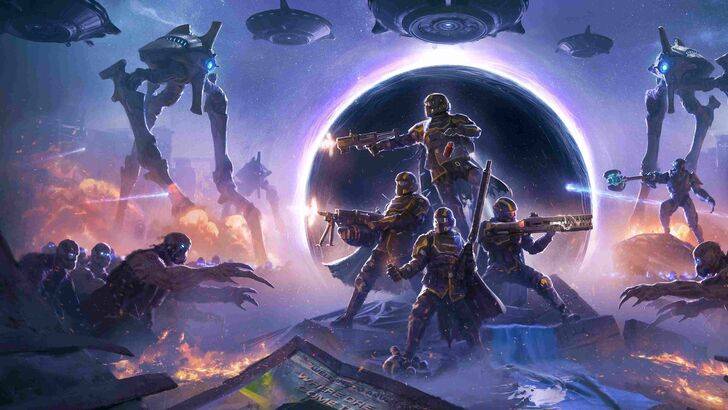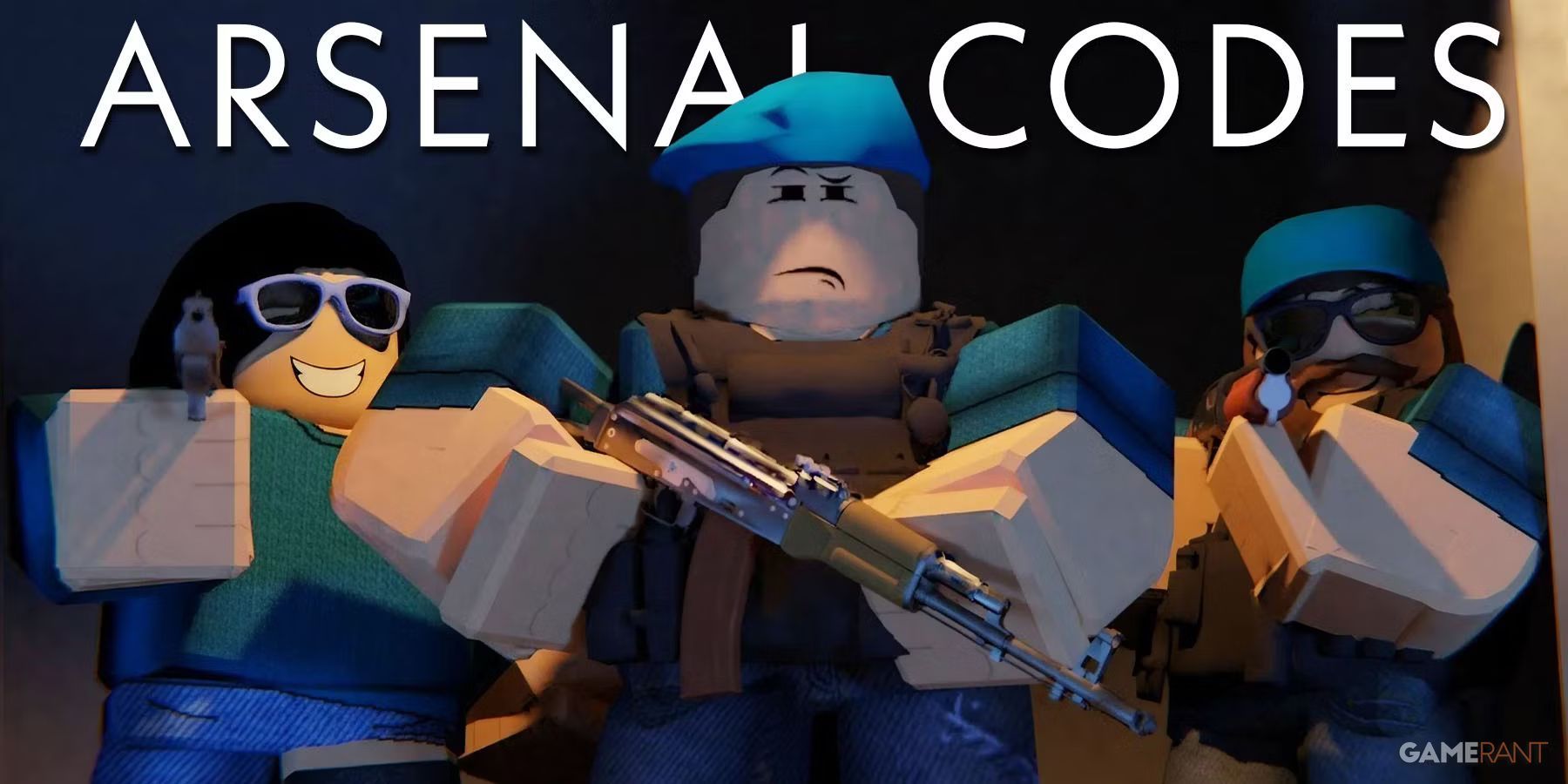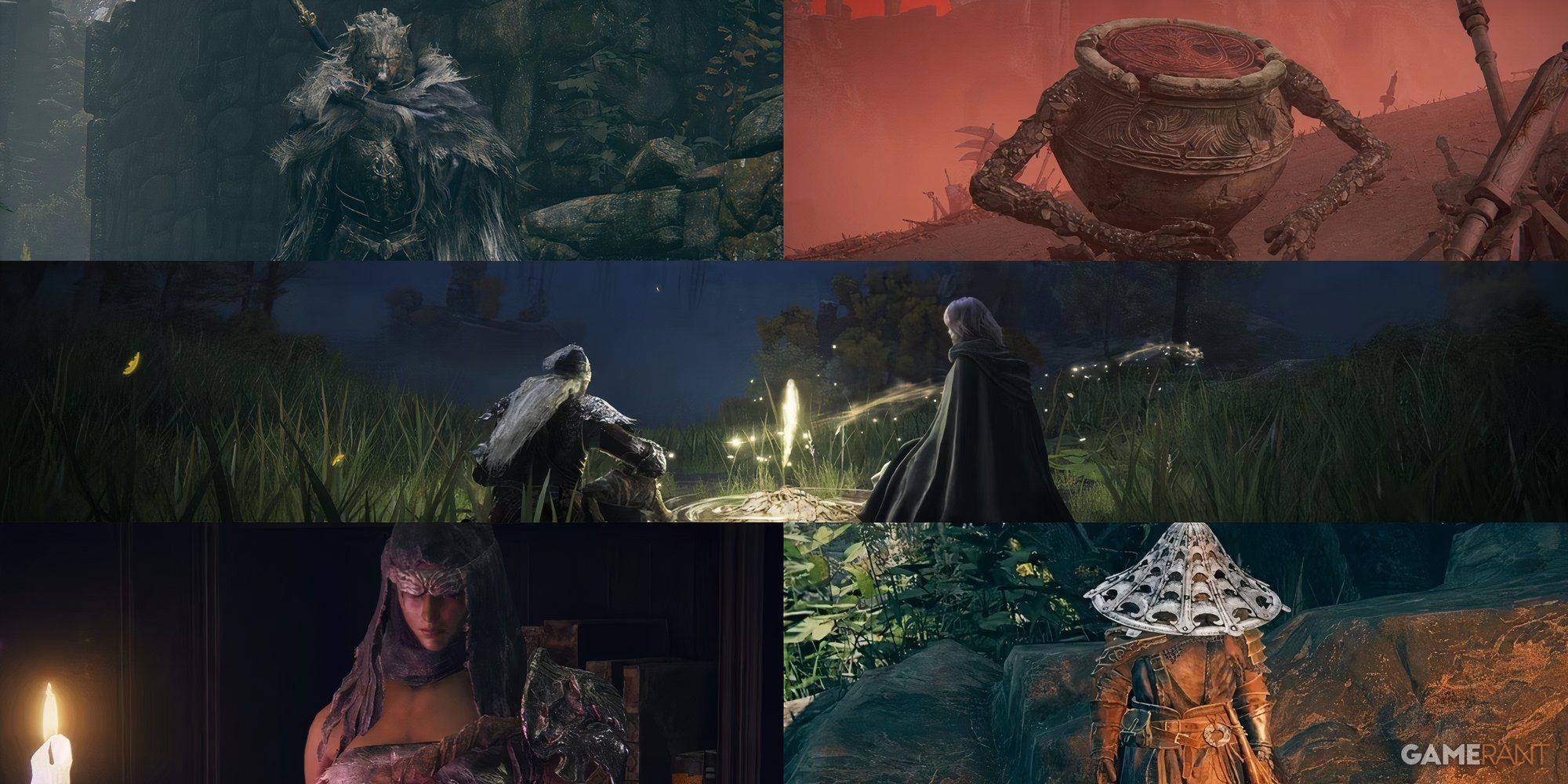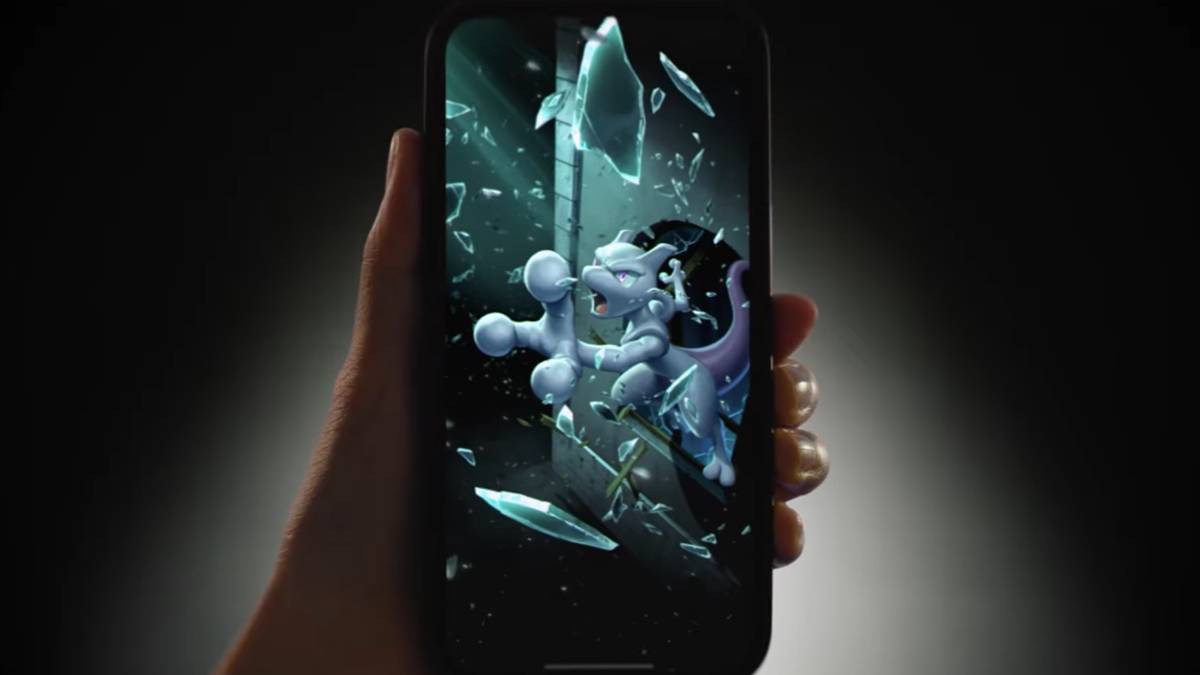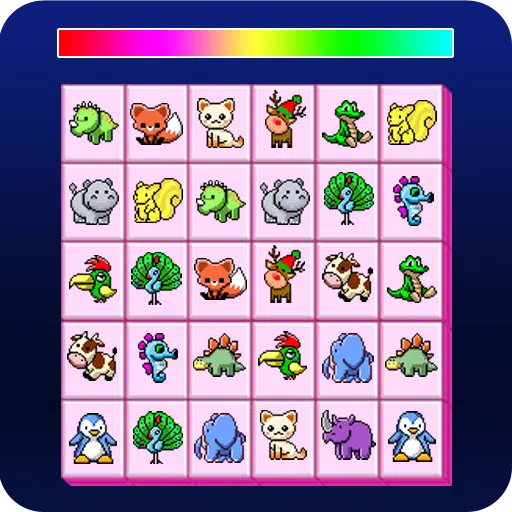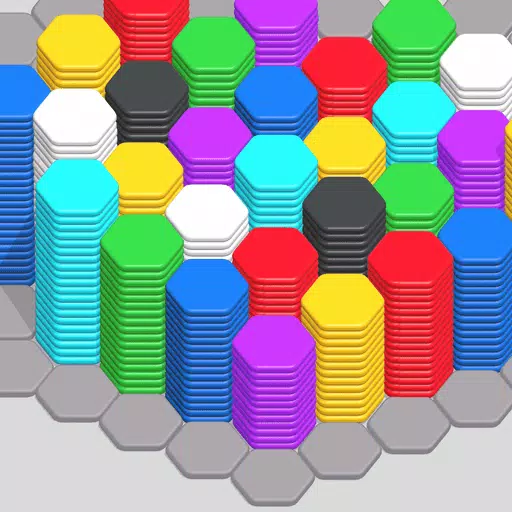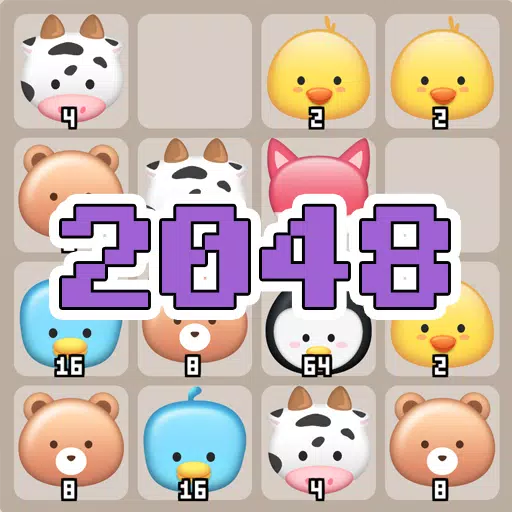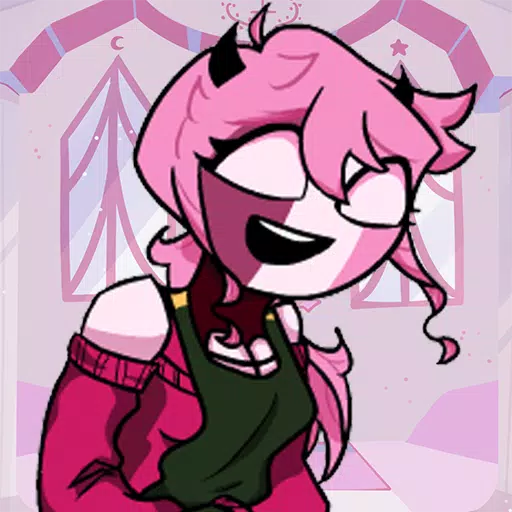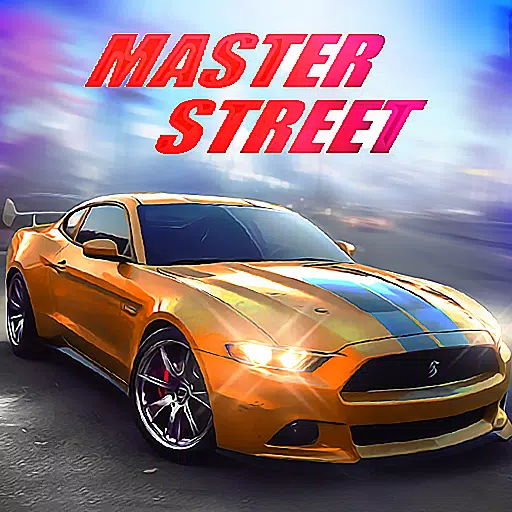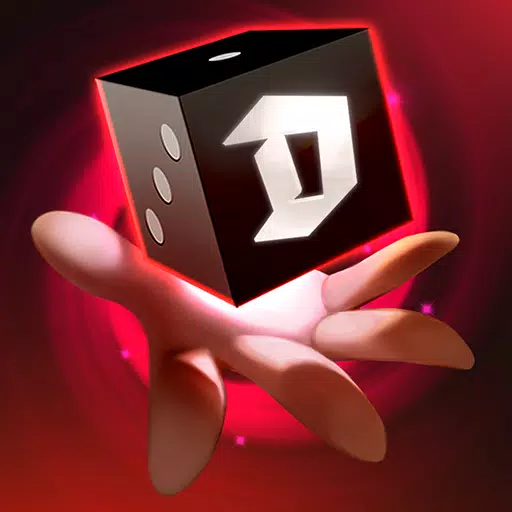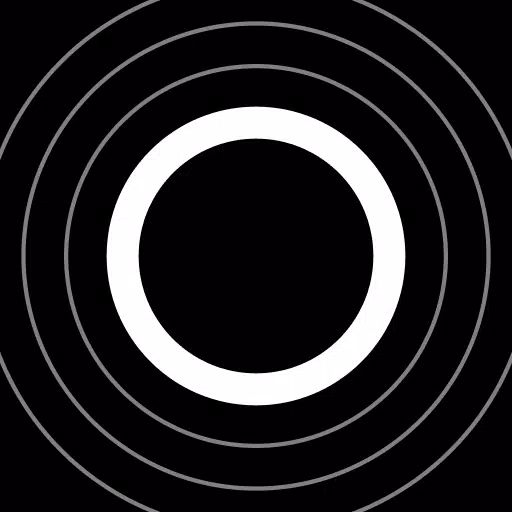"Wonder Woman's Future Uncertain After 5 Years of Setbacks"
2025 marks a pivotal year for DC with the release of James Gunn's Superman film set to inaugurate the new DCU on the big screen, alongside a robust lineup of films and TV shows from DC Studios and the impactful Absolute Universe in the comic realm. Amidst this flurry of activity, one pressing question looms large: What is happening with Wonder Woman? Created by William Moulton Marston and H. G. Peter, Wonder Woman is not just a cornerstone of the DC universe but one of the most recognizable superheroes worldwide. Yet, her presence in recent DC franchise media has been surprisingly subdued.
Outside the pages of comics, Diana of Themyscira has faced challenges. Her live-action film series stumbled following the mixed reception of Wonder Woman 1984, and she is notably absent from the current DCU slate, where a show about the Amazons has been prioritized instead. Additionally, Wonder Woman has never had her own animated series, and her anticipated first solo video game, announced in 2021, was cancelled. This raises significant concerns about Warner Bros.' strategy for one of their most iconic female superheroes. Let's delve into how Warner Bros. and DC might be mishandling Wonder Woman's potential.
One Hit Wonder
During the peak of the rivalry between the Marvel Cinematic Universe and the DCEU in the late 2010s, the initial Wonder Woman film emerged as a standout success for the DCEU. Released in 2017, it garnered largely positive reviews and earned over $800 million globally. After the divisive reception to Batman v Superman and Suicide Squad, Patty Jenkins' vision of Diana struck a chord with audiences in a way the previous DC films had not. While not without flaws, such as third act problems and Gal Gadot's performance focusing more on physical presence than character depth, the film's strong performance should have paved the way for a thriving franchise.
However, the sequel, Wonder Woman 1984, released in 2020, did not meet these expectations. It received mixed reviews and failed to recoup its budget in theaters, largely due to its simultaneous release on HBO Max during the height of the COVID-19 pandemic. Yet, the film's own issues, including a disjointed narrative, inconsistent tone, and ethically questionable scenes (like Diana having sex with Steve Trevor in another man's body), didn't help its case. This sequel was a letdown that didn't build on the first film's strengths.
Despite the sequel's shortcomings, it's disappointing that Wonder Woman's film series was phased out of development. Other characters like Batman and Spider-Man frequently receive reboots, yet Wonder Woman has been sidelined after one underwhelming film. The lack of other franchise media to compensate for this gap is equally concerning.
Diana Prince, Missing in Action
With the launch of the new DCU, one might expect Wonder Woman to be a focal point. Yet, the initial slate titled Chapter One: Gods and Monsters does not feature a dedicated Wonder Woman project. Instead, DC Studios' head James Gunn and producing partner Peter Safran have chosen to focus on less mainstream characters like Creature Commandos, Swamp Thing, Booster Gold, and The Authority. While there's merit in exploring lesser-known properties, as seen with Gunn's success with Guardians of the Galaxy, it's notable that these projects are being developed alongside new takes on Superman, Batman, and Green Lantern—yet Wonder Woman remains conspicuously absent.
DC Universe: Every Upcoming Movie and TV Show
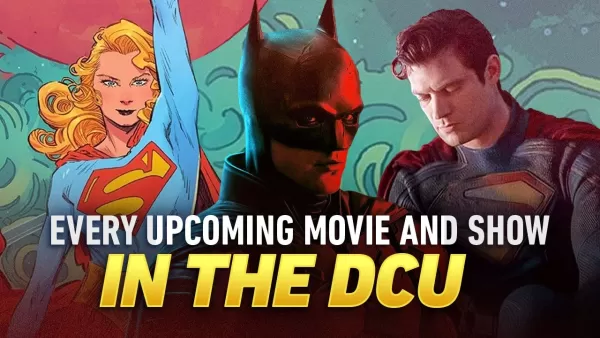
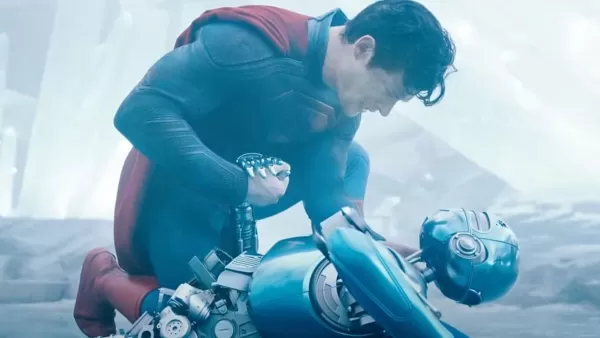 View 39 Images
View 39 Images
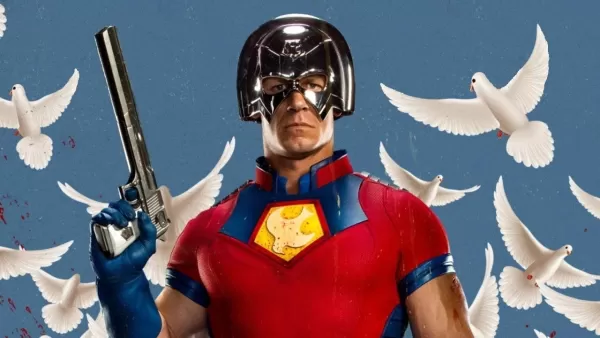
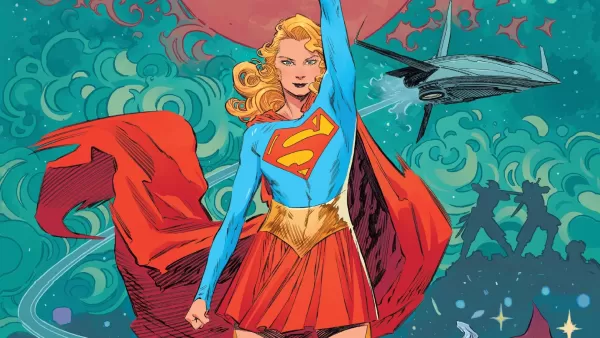
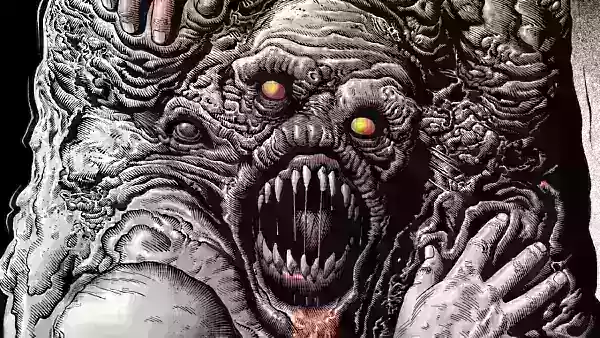
The DCU has opted for Paradise Lost, a series focusing on the Amazons of Themyscira set before Wonder Woman's birth. While delving into the Amazons' history and enriching Wonder Woman's mythos is commendable, a series without Wonder Woman herself feels akin to the Sony Marvel Universe approach. It raises questions about whether DC Studios views Diana as less of a draw than her mythological backdrop. Why is there such haste to establish another Batman franchise while Wonder Woman remains sidelined?
This approach to Wonder Woman echoes past trends. While she was a key figure in the DC Animated Universe's Justice League and Justice League Unlimited, she never received her own solo animated series unlike Batman and Superman. Despite her prominence in DC Universe direct-to-video animated films, she has only led two: Wonder Woman in 2009 and Wonder Woman: Bloodlines in 2019. Given the popularity of superhero media, it's baffling that a dedicated Wonder Woman project remains elusive.
AnswerSee ResultsLet Me Play as Wonder Woman, Dammit
The cancellation of the Wonder Woman game in development at Monolith Productions adds to the frustration. While it's uncertain whether the disappointing performance of other DC games like Suicide Squad: Kill the Justice League and MultiVersus contributed to this decision, the fact remains that this would have been Diana's first lead role in a video game. As character action games enjoy a resurgence, it seems like the ideal time for a Wonder Woman action-adventure game, perhaps akin to God of War or Ninja Gaiden.
Sure, Diana has appeared in games like Injustice, Mortal Kombat vs. DC Universe, and various LEGO DC titles, but these do not suffice. There's no justifiable reason for Wonder Woman to lack a AAA action game. DC's failure to capitalize on the success of the Batman Arkham series with games featuring Wonder Woman, Superman, or the Justice League is a missed opportunity. It's particularly galling that Diana's first appearance in the Arkham timeline in Suicide Squad: Kill the Justice League results in her being killed off as a non-playable character, while the male Justice League members, albeit as evil clones, survive.
The lack of progress in Wonder Woman's film franchise, absence of an animated series, and poor video game representation all point to a broader issue of Warner Bros. and DC undervaluing one of their most iconic characters. If they show such disregard for a top-tier hero like Wonder Woman, it casts doubt on their respect for the broader DC universe. As James Gunn's Superman reboot heralds a new era for DC adaptations, hopefully, Warner Bros. will recognize the untapped potential of Diana Prince and her contribution to the franchise. After nearly a century, both she and her fans deserve more.
Latest Articles



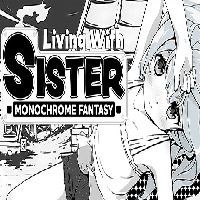


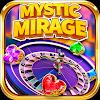
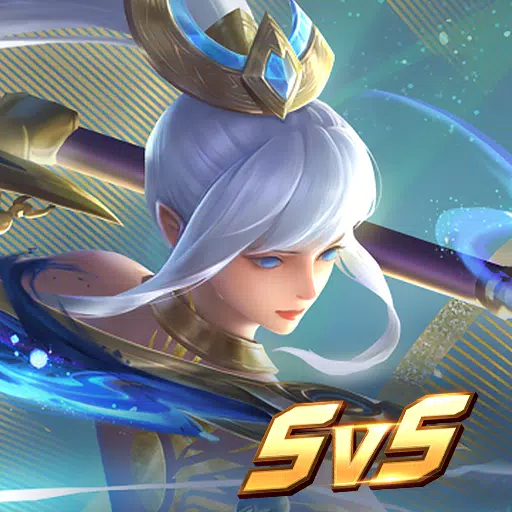



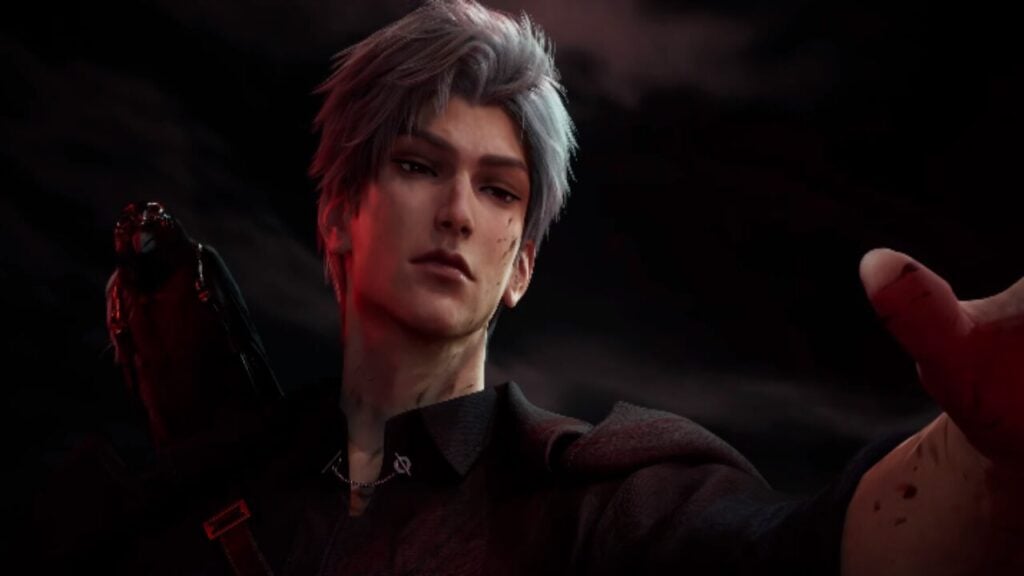
![Roblox Forsaken Characters Tier List [UPDATED] (2025)](https://images.dyk8.com/uploads/18/17380116246797f3e8a8a39.jpg)
